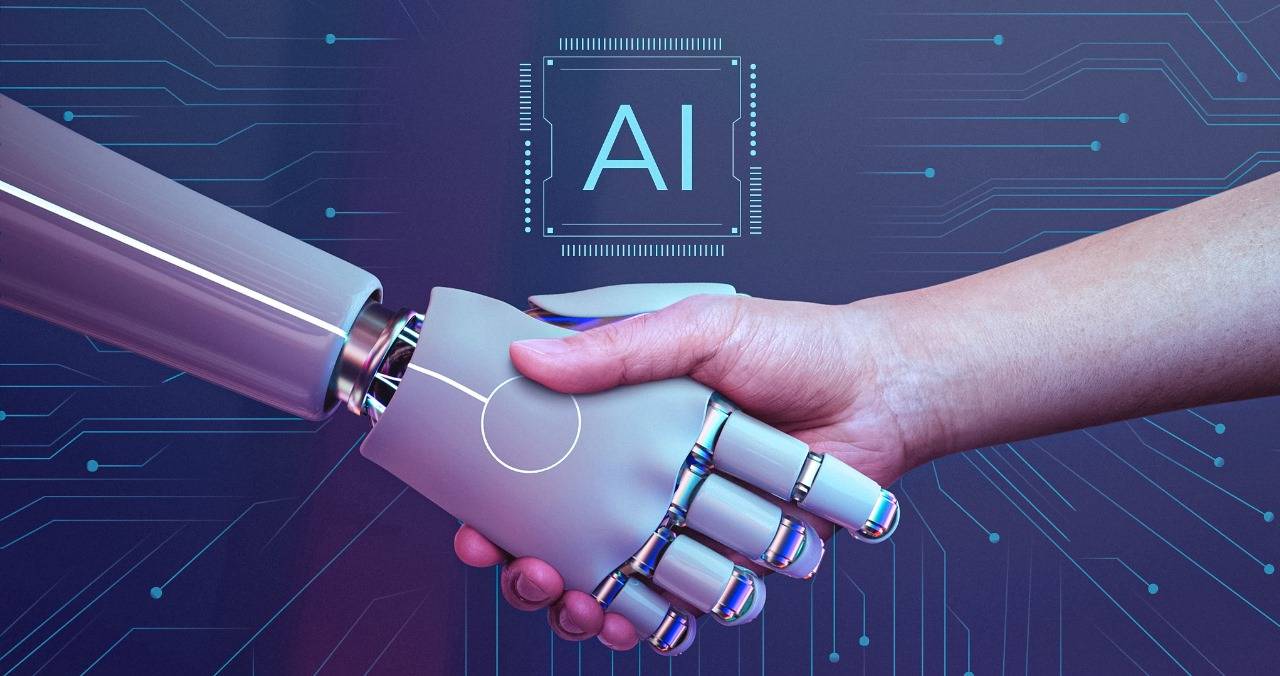The Impact of Artificial Intelligence on the Job Market
The Transformative Power of Artificial Intelligence
Understanding the Impact
Artificial Intelligence, commonly referred to as AI, encompasses a wide range of technologies designed to mimic human intelligence and perform tasks that traditionally required human cognitive abilities. From machine learning and natural language processing to computer vision, AI has found applications in diverse fields, including healthcare, finance, manufacturing, and more. The scope of AI's influence is vast, and its importance cannot be overstated.
Positive Changes and Efficiency Gains
The integration of AI into various industries has led to significant positive changes. Automation of repetitive tasks has allowed businesses to streamline operations, reduce costs, and enhance overall efficiency. Moreover, AI-powered algorithms have improved decision-making processes, enabling organizations to make data-driven choices with greater accuracy and speed.
Job Market Transformation
One of the most profound impacts of AI is on the job market. While it creates new opportunities by generating demand for AI-related skills, it also poses challenges due to the automation of routine tasks. The emphasis is shifting from manual labor to cognitive skills, creativity, and problem-solving abilities. As a result, workers need to adapt to these changes through continuous learning and upskilling initiatives.
Economic Expansion and Competitiveness
AI's potential to revolutionize industries is a driving force behind economic expansion and enhanced competitiveness. Businesses that embrace AI technologies can gain a significant edge in terms of innovation, efficiency, and market responsiveness. Governments and organizations alike are recognizing the importance of investing in AI research and development to stay competitive on a global scale.
Challenges and Mitigations
However, the widespread adoption of AI is not without challenges. Job displacement due to automation remains a concern, particularly in industries heavily reliant on manual labor. To address this, a collaborative approach is crucial. Governments, businesses, and educational institutions must work together to implement robust retraining and upskilling programs, ensuring that the workforce is equipped with the skills needed in the AI-driven economy.
Industry-Specific Impacts
Certain industries face unique challenges and opportunities. For example, healthcare benefits from AI-driven diagnostics and personalized treatment plans, but ethical concerns and the need for responsible AI use must be addressed. Similarly, finance sees advancements in fraud detection and risk management, but regulatory frameworks must keep pace with technological developments.
The Role of Policymakers, Businesses, and Workers
Policymakers play a pivotal role in creating an environment that fosters responsible AI adoption. Regulations should balance innovation with ethical considerations, ensuring that AI benefits society at large. Businesses must prioritize employee development, investing in training programs to help workers adapt to the changing landscape. Workers, on their part, should embrace a mindset of lifelong learning to stay relevant and competitive.
Conclusion
In conclusion, the impact of AI on the job market is undeniable. While it brings about unprecedented opportunities for growth and efficiency, it also necessitates a proactive and collaborative approach to address the challenges it poses. By embracing responsible AI practices, investing in education and training, and fostering a culture of adaptability, we can navigate the transformative era of AI and create a future where both humans and machines thrive together.

